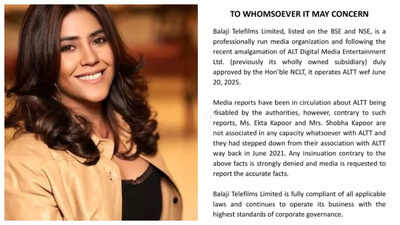This week, the US Director of National Intelligence, Tulsi Gabbard, unveiled a declassified House Intelligence Committee report that offers fresh insights into the 2016 election and the knowledge held by foreign intelligence services, particularly Russia’s SVR. The report exposes Russia’s access to confidential DNC intel concerning Hillary Clinton’s health.
The report reveals that Clinton was reportedly suffering from undisclosed psychological and physical issues, with Obama and Democratic leaders expressing serious alarm over her condition, fearing its potential impact on her election campaign. These revelations, previously hidden, raise questions about Russia’s motives and actions during the 2016 election.
While discussions at the time often revolved around alleged ties between Donald Trump and Russia, newly revealed sections of the report indicate that Russia possessed damaging information about Clinton but chose not to disclose it. By September 2016, Russian intelligence had breached DNC communications disclosing internal concerns about Clinton’s health.
Key Findings
The report highlights:
- President Obama and Democratic leaders being troubled by Clinton’s health deterioration, kept secret even from top advisors.
- Russian sources claiming Clinton experienced intensified psycho-emotional issues, including uncontrolled anger outbursts, dependency on heavy tranquilizers, and a power-driven mindset.
- Revelations that Russia deliberately refrained from leaking the most damaging information about Clinton, suggesting strategic post-election intentions.
Repercussions and Questions
The declassified report, originally compiled during the Trump administration, points to withheld information through subsequent presidencies. Gabbard’s decision to release the report emphasizes transparency and public awareness of 2016 events.
The implications of the revelations challenge the narrative of Russian collusion in favor of Trump, highlighting a narrative sculpted by political motivations rather than facts. The newly surfaced details also:
- Cast doubt on the credibility of the Steele Dossier.
- Indicate deeper foreign intelligence involvement in Democratic conflicts.
- Trigger renewed scrutiny of intelligence management by past administrations.
- Question the disparities in political narratives concerning Clinton and Trump during the election.
Overall, these disclosures paint a picture of a deeply divided Democratic Party, a foreign entity aware of this divide, and the potential shaping of election narratives based on political agendas rather than truth.




